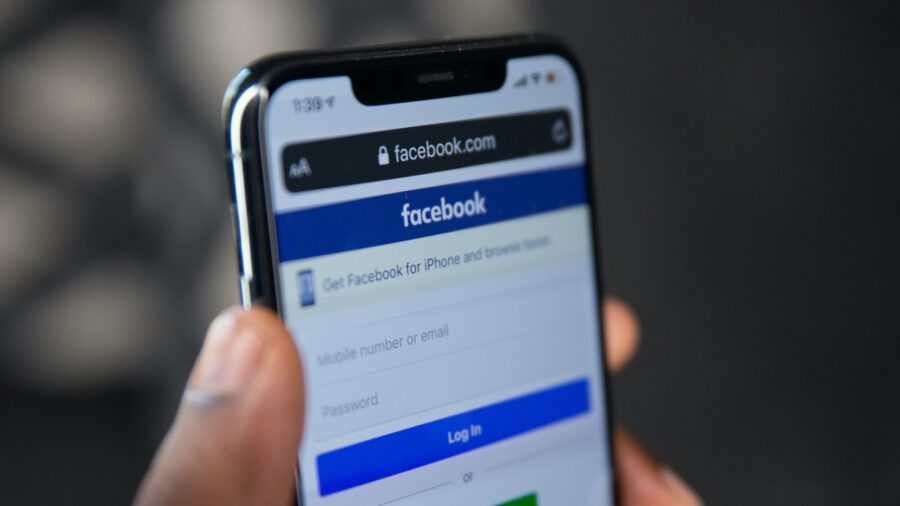The contentious “world-first” media payment law that spurred Facebook to censor news content in Australia will soon be in force after the Australian federal Parliament ratified it on Thursday.
The media payment law locks Google and Facebook into a framework where eligible news outlets in Australia, with a minimum revenue of $150,000, can enter negotiations with the tech giants for payment of their content.
Facebook secured several amendments to the News Media and Digital Platforms Mandatory Bargaining Code after it prevented news content from being displayed on its platform last week and suspended the pages of major news outlets.
The ban caused major disruption across the country when it inexplicably suspended the Facebook pages of non-media organisations, including trade unions, charities, the weather bureau, and government health services.

However, 11th-hour negotiations between Facebook CEO Mark Zuckerberg, Australian Treasurer Josh Frydenberg, and Australian Communications Minister Paul Fletcher meant the sweeping ban was repealed and amendments secured less than a week later.
The government will now need to give one months’ notice before a company is designated as coming under the code.
The code has been called a “world-first” by Frydenberg and is the first law globally to successfully compel the tech giants to compensate news publishers for displaying their content on their sites.
Canada and the United Kingdom are now contemplating similar laws.
The code was the latest step in a worldwide push towards regulating major Silicon Valley companies.
Australian Competition and Consumer Commission (ACCC) Chair Rod Sims said the amended code would curtail the tech giants’ market power.

“Google and Facebook need media, but they don’t need any particular company, and that meant media companies couldn’t do commercial deals with Facebook or Google,” he told the national radio broadcaster, ABC radio, on Thursday.
“The purpose of the Code is to give them the potential for arbitration, which helps their bargaining position, and therefore helps them reach fair commercial deals,” he said.
The code mandates a three-month window for parties to negotiate a deal; if negotiations stall, an independent arbitrator is appointed.
Both parties will submit their final offer in a “baseball arbitration” situation, where the arbitrator must select the best deal within 45 days.
The code sparked a flurry of deals between Google and major media companies over the last week, driven particularly by fears the final arbitration could result in outcomes outside the company’s control.
Australia’s largest media groups have been the first to ink a series of deals with Google, sparking questions about smaller publishers’ benefits.
“In any situation like this, you would expect deals to be done with the bigger players first and then work down the list,” Sims said.
“Given this is supporting journalism, it’s naturally going to see more money going to those who’ve got the most journalists, but I don’t see any reason why anybody should doubt that all journalism will benefit.”
From The Epoch Times

